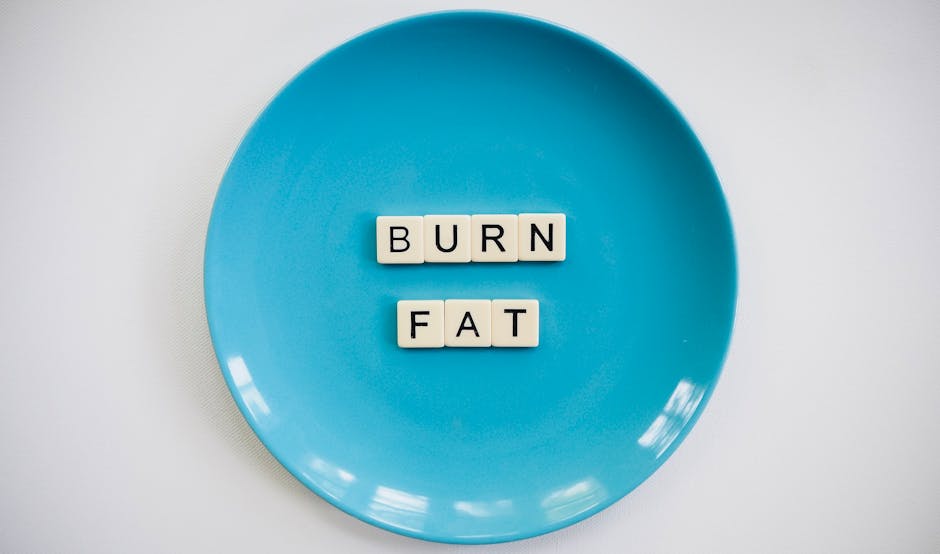Losing weight can be a challenging but rewarding journey. With the right knowledge and strategies, it is possible to achieve your weight loss goals and improve your overall health. This comprehensive guide will provide you with all the essential information you need to start and sustain a successful weight loss program.
**Understanding the Basics**
The fundamental principle of weight loss is creating a calorie deficit. This means consuming fewer calories than you burn. Calorie intake is primarily determined by the food you eat, while calorie expenditure includes both physical activity and the body's metabolic processes. By reducing calorie intake and increasing calorie expenditure, you can create a calorie deficit and promote weight loss.
**Assessing Your Weight Status**
Before embarking on a weight loss journey, it is crucial to assess your current weight status. This can be done using the Body Mass Index (BMI), a measure that estimates body fat based on height and weight. BMI categories include underweight, normal weight, overweight, and obese. Understanding your BMI can help you determine if weight loss is necessary and set realistic goals.
**Setting Realistic Goals**
Setting realistic weight loss goals is essential for success. A healthy weight loss target is 1-2.5 pounds per week. Losing weight too quickly can be unsustainable and unhealthy, potentially leading to nutrient deficiencies and muscle loss. Gradually losing weight allows your body to adjust and maintain the weight loss.
**Dietary Modifications**
A balanced and nutritious diet is vital for weight loss. Focus on consuming whole, unprocessed foods such as fruits, vegetables, lean protein, and whole grains. Limit the intake of sugary drinks, processed foods, and unhealthy fats. Consider consulting a registered dietitian or certified nutritionist for personalized dietary guidance.
**Exercise**
Exercise plays a significant role in weight loss by burning calories and building muscle. Aim for at least 150 minutes of moderate-intensity aerobic activity or 75 minutes of vigorous-intensity aerobic activity per week. Incorporate strength training exercises 2-3 times per week to build muscle and boost metabolism.
**Behavioral Changes**
Behavioral changes are crucial for long-term weight loss success. Identify and address unhealthy eating habits, emotional eating triggers, and sedentary behaviors. Consider seeking support from a therapist or joining a support group for accountability and encouragement.
**Maintaining Weight Loss**
Once you have achieved your weight loss goals, it is essential to maintain the results. Continue following a healthy diet, engage in regular exercise, and maintain the behavioral changes you made. Be patient and consistent, as maintaining weight loss can be just as challenging as losing it.
**Conclusion**
Weight loss is a complex but achievable journey. By creating a calorie deficit, setting realistic goals, making dietary modifications, engaging in exercise, and implementing behavioral changes, you can successfully lose weight and improve your overall health. Remember to consult healthcare professionals for personalized guidance and support throughout your journey. With dedication and perseverance, you can achieve your weight loss goals and live a healthier, more fulfilling life.

